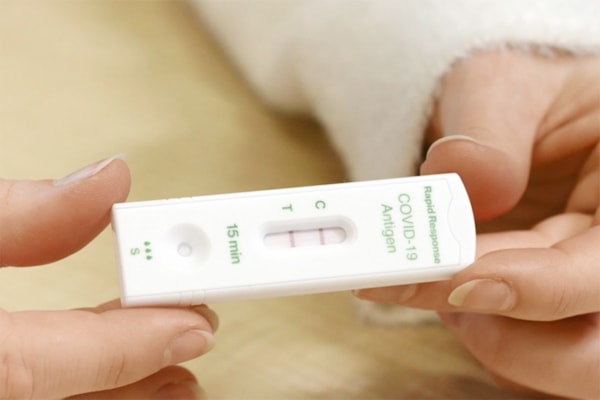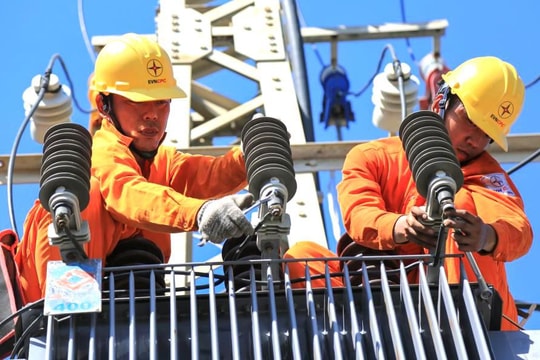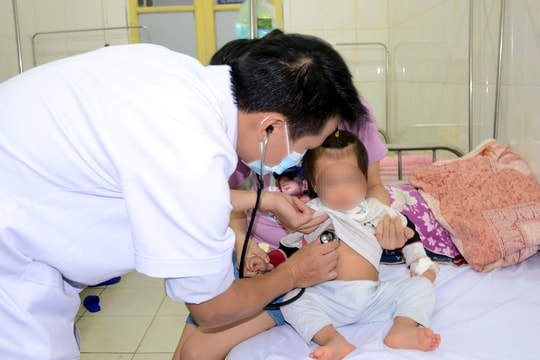Risk of Covid-19 reinfection within a month
The immune response immediately after contracting Covid-19 is strong, so very few people get reinfected in a short time, similar to other respiratory diseases.
Two years into the Covid-19 pandemic, it’s likely that many people have been infected, some multiple times. That can happen even if you’re fully vaccinated.
Even if you have had three vaccinations, you should still limit travel and try to minimize unnecessary contact with people outside your family.
As some places begin to ease Covid-19 restrictions, reports of soaring case numbers are making many people nervous.

You may also wonder if it’s possible to get reinfected in a short period of time, like a few weeks, once you start feeling better after your first bout of Covid-19. According to Suneet Singh, chief medical officer at CareHive Health in Texas, it’s very unlikely that you’ll get infected twice in a month. That’s actually good news.
“The immune response during recovery is very robust, providing effective protection in the days immediately following infection,” explains Dr. Singh.
“However, for a very small fraction of patients, reinfection with Covid-19 occurs shortly thereafter, similar to other respiratory diseases.”
Getting Covid-19 twice is probably the last thing you want to deal with, but you're less likely to end up in hospital with complications.
Risk of reinfection
The risk of contracting Covid-19 a second time occurs when a patient who has just recovered is exposed to a new source of infection with a large amount of infectious droplets.
Some factors that contribute to reinfection rates include prolonged exposure to an infected person, being in a poorly ventilated space, and having health problems that weaken the immune system.
Additionally, Omicron has features that make it a more transmissible strain of SARS-CoV-2 than any previous strain. This also increases the likelihood of reinfection. Although Omicron is more transmissible than other variants, the illness is milder and less likely to require hospitalization, especially if you have been vaccinated.
How to prevent
You don't need to do anything different to reduce your risk of getting Covid-19 twice in a short period of time.
“The measures to prevent reinfection are really the same as trying to prevent getting Covid-19 the first time,” Dr. Singh said. That includes avoiding crowded areas, increasing ventilation indoors by opening windows, wearing a well-fitting mask when around others, and washing your hands frequently with soap.
Plus, vaccines still work. If you get Covid-19 after being fully vaccinated, your prognosis is much better. You’re more likely to have mild symptoms that are unlikely to require hospitalization.




.jpg)
![[Infographics] 5 biện pháp phòng, chống dịch COVID-19 [Infographics] 5 biện pháp phòng, chống dịch COVID-19](https://bna.1cdn.vn/thumbs/540x360/2025/05/22/anh-2.jpg)

-5b8619d675cc4f38cedd8c853332ddab.jpg)
